
‘It Truly Felt Like a Mini India’
On March 22, the Atrium on Pokrovsky Boulevard turned into a venue to celebrate ‘Holi: the Festival of Colours,’ organised by the Department of Internationalisation. The festival was put together on the initiative of the HSE Indian Club in cooperation and with the Jawaharlal Nehru Cultural Centre of the Embassy of India.
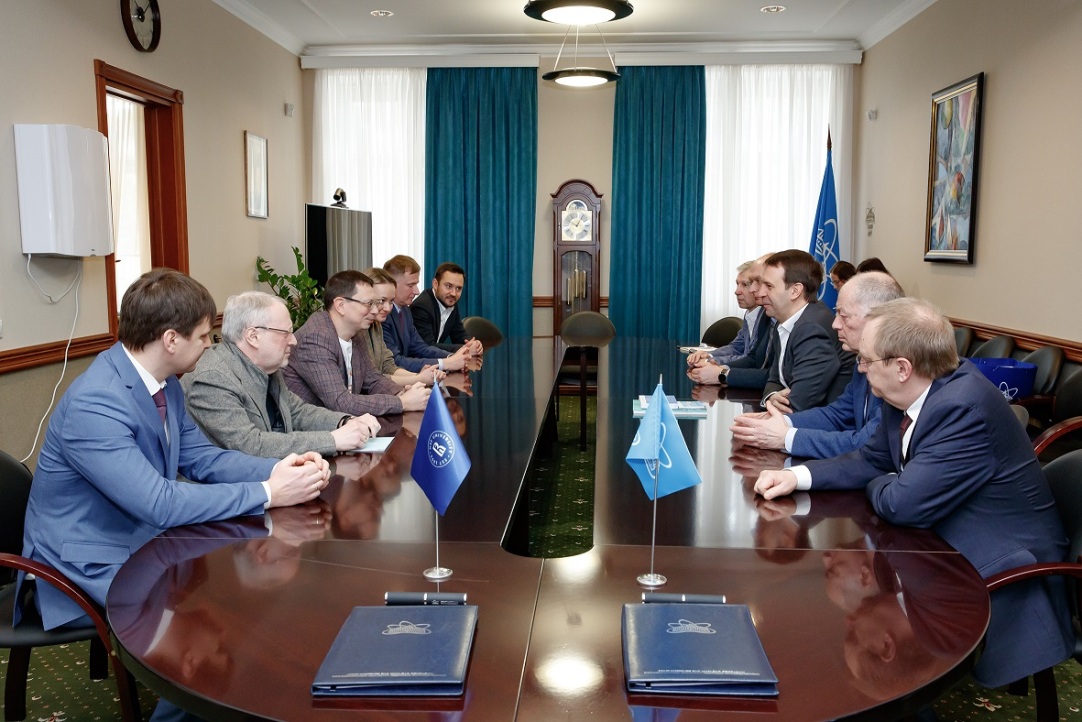
JINR and HSE University Launch Systemic Collaboration
On March 29, HSE University signed a cooperation agreement with the Joint Institute for Nuclear Research (JINR). The agreement outlines the primary areas of cooperation between the organisations, including participation in NICA Megascience Project experiments, collaborative activities in theoretical physics and information technology, and the development of human resources through joint training initiatives.

Production of the Future: AI Research Centre Presents Its Developments in Manual Operations Control Systems
Researchers from the HSE AI Research Centre have built a system for the automated control of manual operations, which finds application in industrial production. The system facilitates the process of monitoring objects and actions, as well as controlling the quality of their execution.
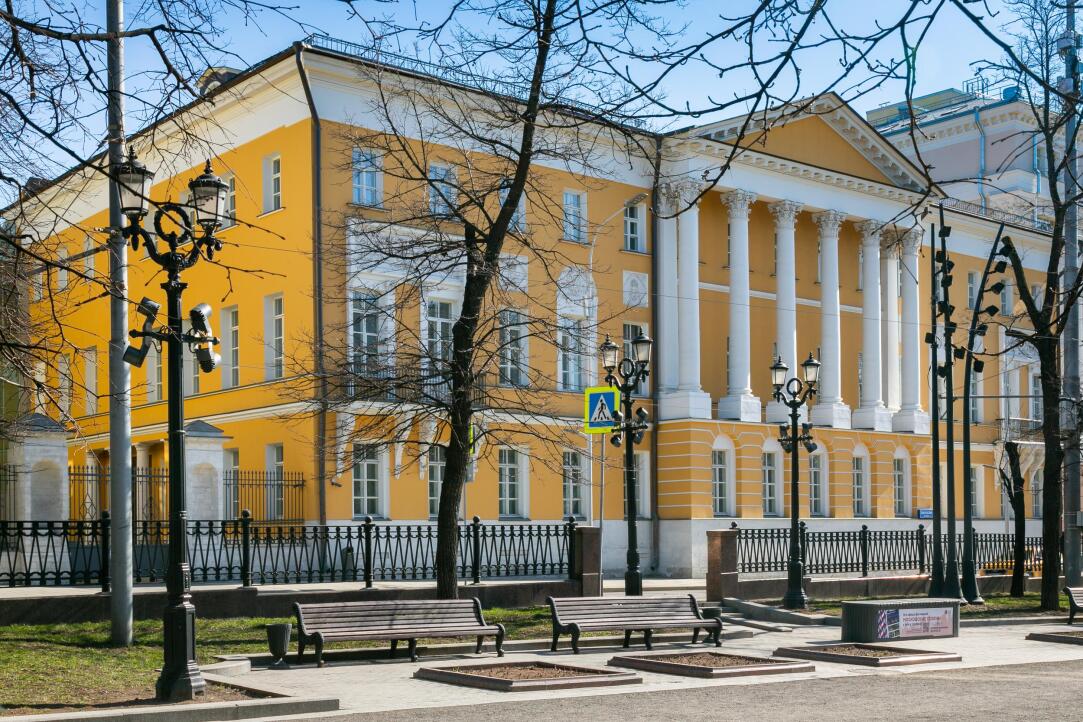
Vladimir Verkhoshinskiy Joins HSE University Board of Trustees
Alfa-Bank CEO Vladimir Verkhoshinskiyjoined the HSE University Board of Trustees. Earlier, HSE University and Alfa-Bank signed a cooperation agreement, which stipulates the launch of joint educational programmes and the implementation of joint research projects, events, workshops, and internships for students.
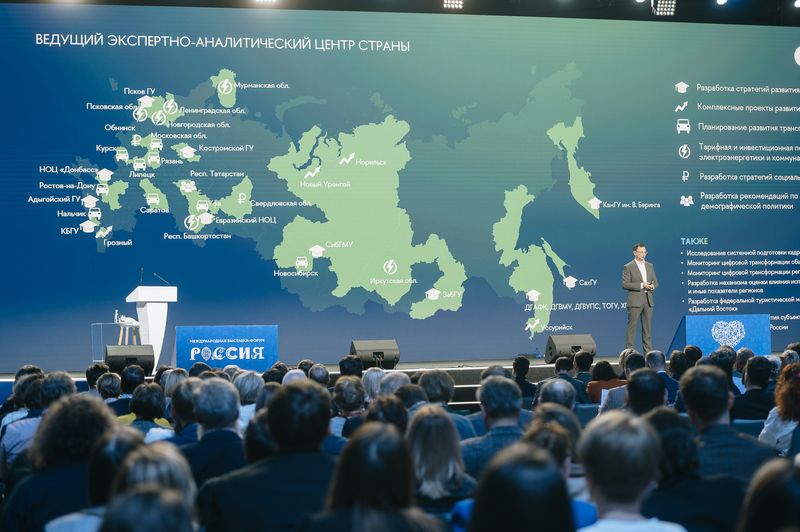
University Meets the Interests of Russia: Key Priorities of HSE Development
On March 19, the HSE Staff and Student Conference, which was attended by 727 delegates, took place at the Russia Expo. At the event, a vote for 87 candidates to the elected part of the HSE Academic Council was held, all of which received the required number of votes.
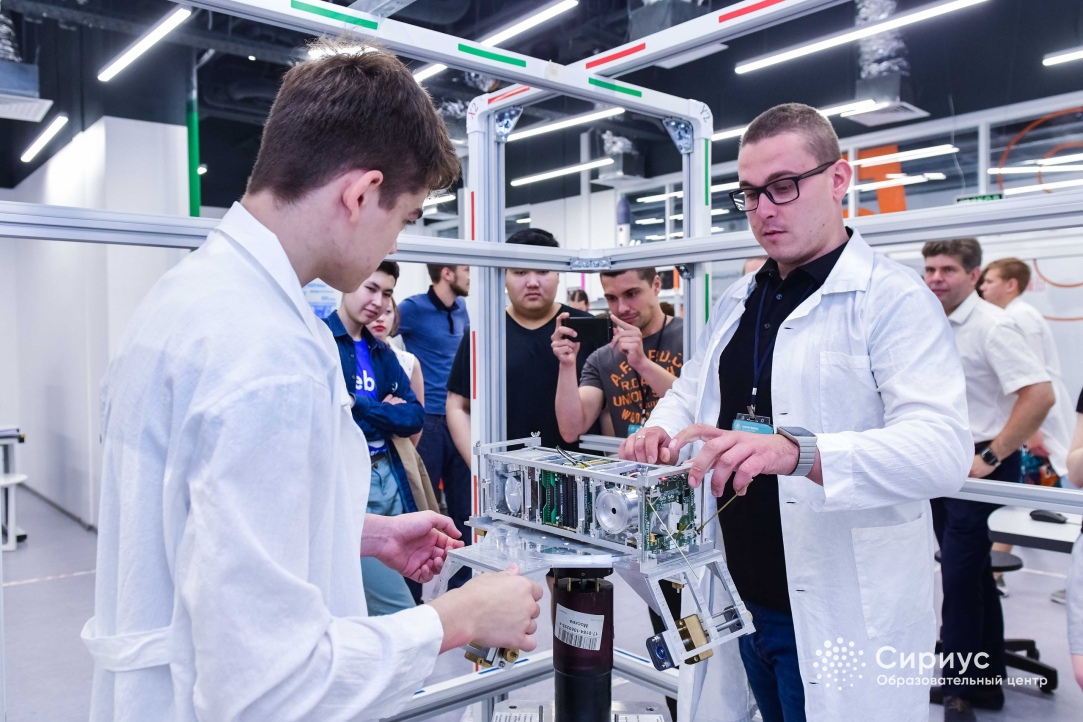
HSE University Satellites: Three Years in Orbit
In March 2024, HSE University celebrated an important milestone — the third anniversary of the successful operation in orbit of its first CubeSX-HSE and CubeSX-Sirius-HSE satellites. These spacecraft, created on the basis of the CubeSat platform for Earth observation, continue to function actively, confirming high technological standards and reliability of the university's developments.
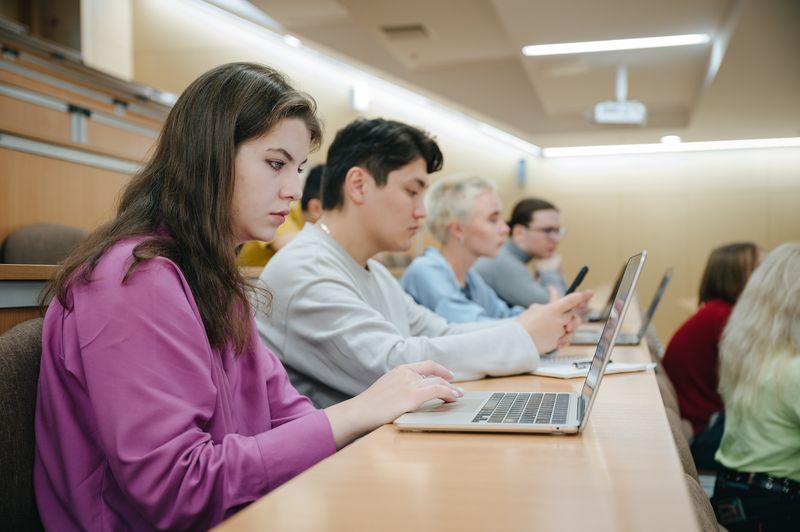
HSE and Yandex to Expand Collaboration in Training AI Specialists
Over the next ten years, the partnership between Yandex and the HSE Faculty of Computer Science (FCS) will broaden across three key areas: launching new educational programmes, advancing AI research, and exploring the application of generative neural networks in the educational process. Established by HSE University and Yandex a decade ago, the Faculty of Computer Science has since emerged as a frontrunner in training developers and experts in AI and machine learning, with a total of 3,385 graduates from the faculty over this period.

‘High Grades Open Up Many Opportunities for You Here’
Bai Xinyi, 24, comes from Ankang, a small city in China. She is pursuing a master’s degree in Economics and Economic Policy, with a focus on Behavioural Economics, in the HSE Faculty of Economic Sciences. Below, she speaks about the application process, shares some details of her favourite courses, and reminisces about talking to friendly passers-by in the streets of Moscow.
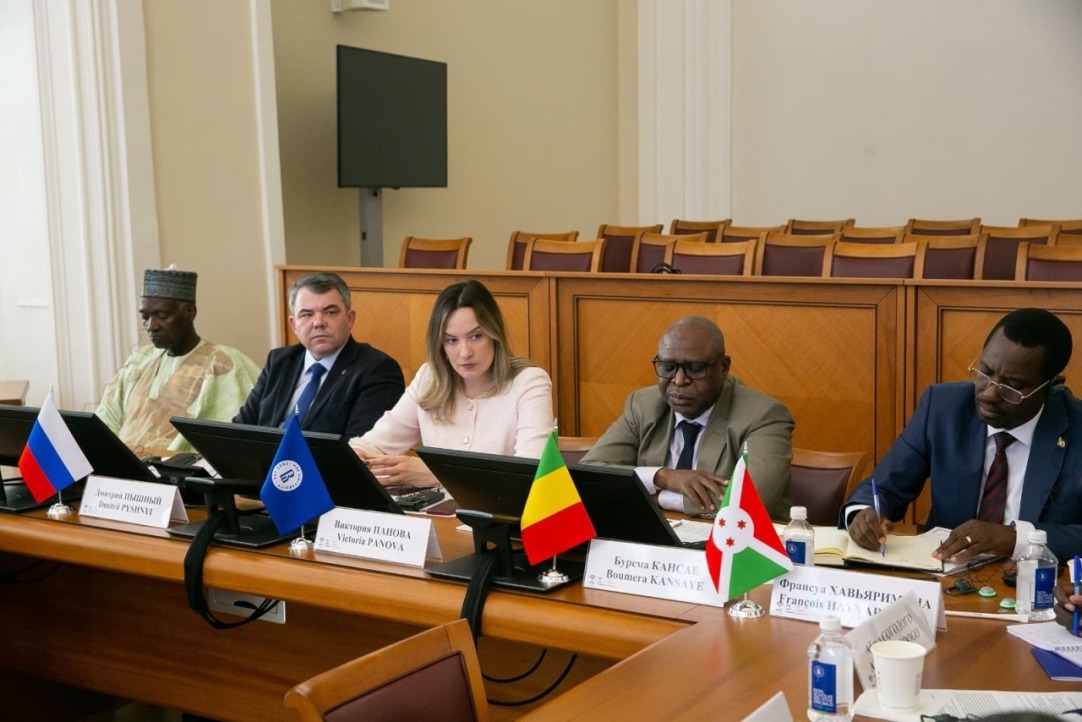
‘We Have Promising Opportunities with Africa, and It Is Important to Foster Cooperation’
A Strategic Session focusing on cooperation between Russia and African countries in the sphere of higher education was held at HSE University's building on Pokrovsky Bulvar. The event was attended by representatives of HSE University, rectors of other Russian universities, and ambassadors and ministers of higher education from several African states.
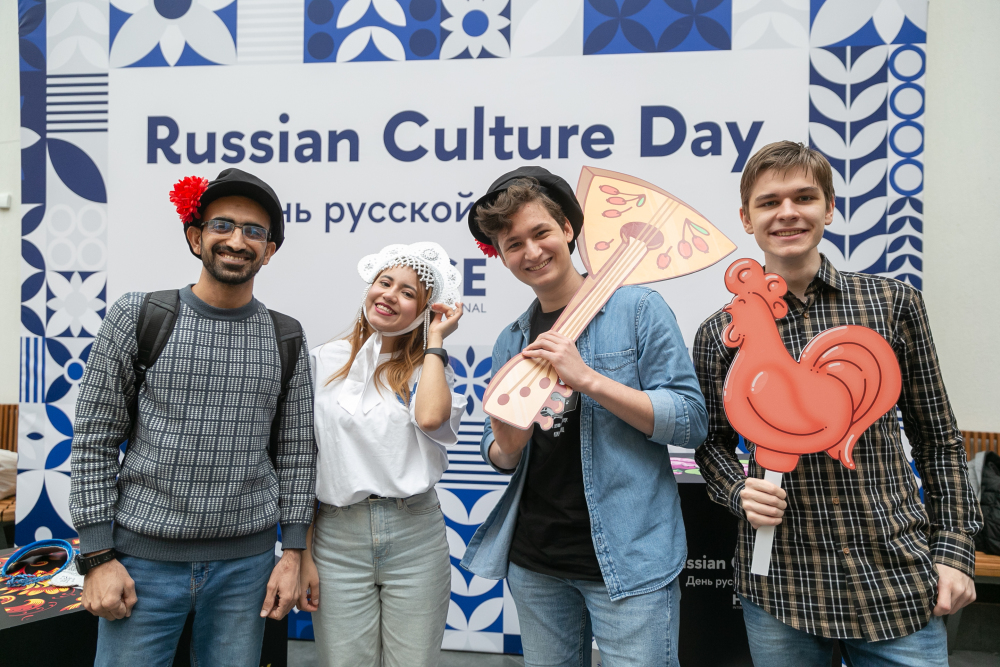
Russian Culture Festival Held for the First Time at HSE University
In early March, the HSE building on Pokrovsky Bulvar hosted theRussian Culture Day Festival. The event was organised by the HSE Department of Internationalisation. International students participated in quizzes, lectures, and workshops. They also had the opportunity to taste a traditional Russian dish—blini with jam.


Submission Deadline: December 20, 2025